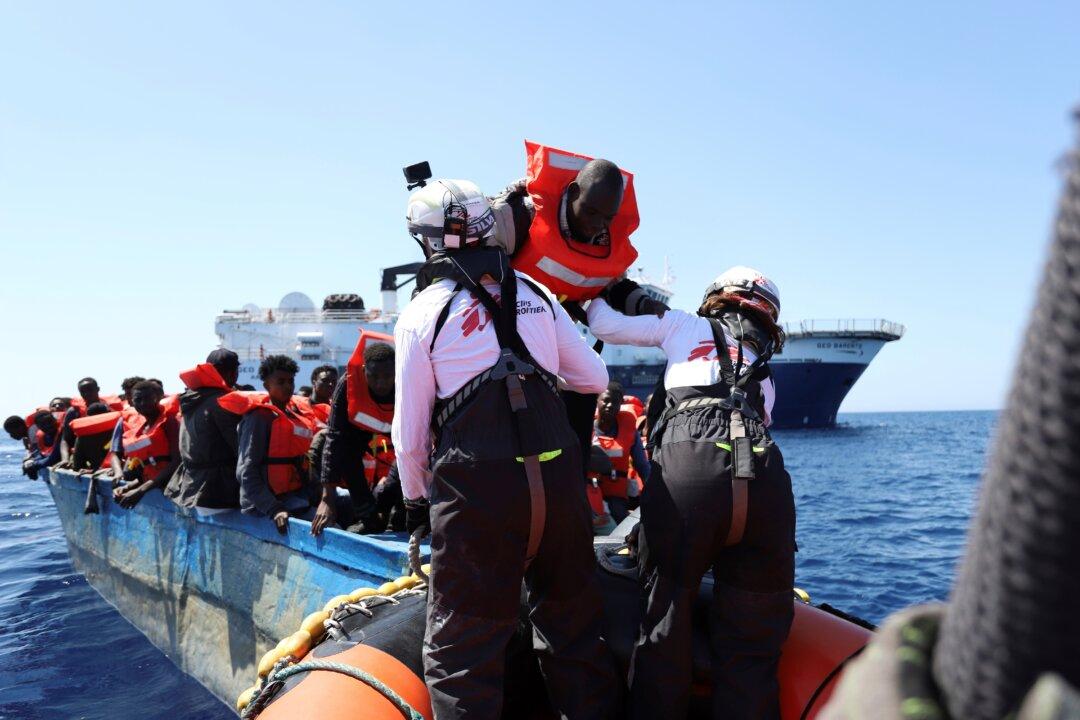The European Union is failing to deter illegal immigrants from Africa and could do more to limit abuses against people trying to make the journey, the EU’s financial watchdog warned on Sept. 25.
The findings were presented in a European Court of Auditors report into the EU’s Emergency Trust Fund for Africa, a multi-billion-euro program hastily set up in 2015 after more than 1 million illegal immigrants arrived in Europe.





